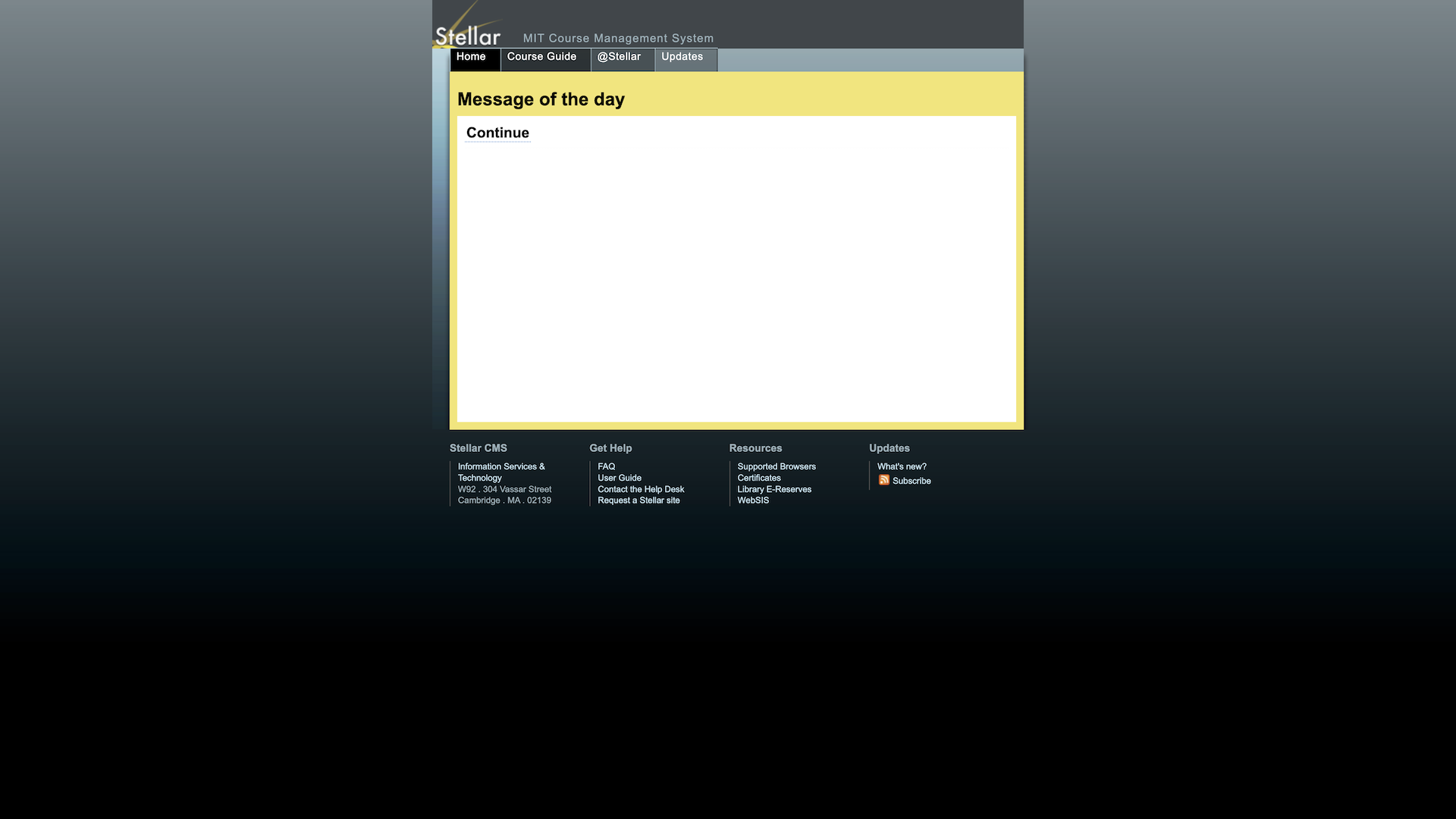Automata, Computability, and Complexity | MIT Computer Science
Explore the theoretical foundations of computer science, the limits of computation, and advanced problem-solving techniques with this essential MIT course.
Introduction
This course covers the fundamentals of automata, computability, and complexity theory. It explores the limits of what can be computed and how efficiently. Topics include finite automata, Turing machines, decidability, reducibility, time complexity, and NP-completeness.

Highlights
- Covers the theoretical foundations of computer science
- Examines the capabilities and limitations of computers and algorithms
- Teaches problem-solving techniques for complex computational problems
- Provides a strong mathematical background for advanced computer science courses
Recommendation
This course is highly recommended for students interested in theoretical computer science, algorithms, and the mathematical underpinnings of computing. It is an essential foundation for those pursuing advanced studies or research in computer science.
How GetVM Works
Learn by Doing from Your Browser Sidebar

Access from Browser Sidebar
Simply install the browser extension and click to launch GetVM directly from your sidebar.

Select Your Playground
Choose your OS, IDE, or app from our playground library and launch it instantly.

Learn and Practice Side-by-Side
Practice within the VM while following tutorials or videos side-by-side. Save your work with Pro for easy continuity.
Explore Similar Hands-on Tutorials
Compiler Design in C (1990)
1Compiler Design: Theory, Tools, and Examples, C/C++ Edition
2Compiler Design: Theory, Tools, and Examples, Java Edition
11Crafting Interpreters | Programming Language Design & Implementation
10EXPL NITC: Build your own Compiler
6Introduction to Compilers and Language Design
5Let's Build a Compiler | Compiler Design | Programming Language Implementation
22Basic Computer Architecture
5A journey explaining how to build a compiler from scratch
25Discover categories